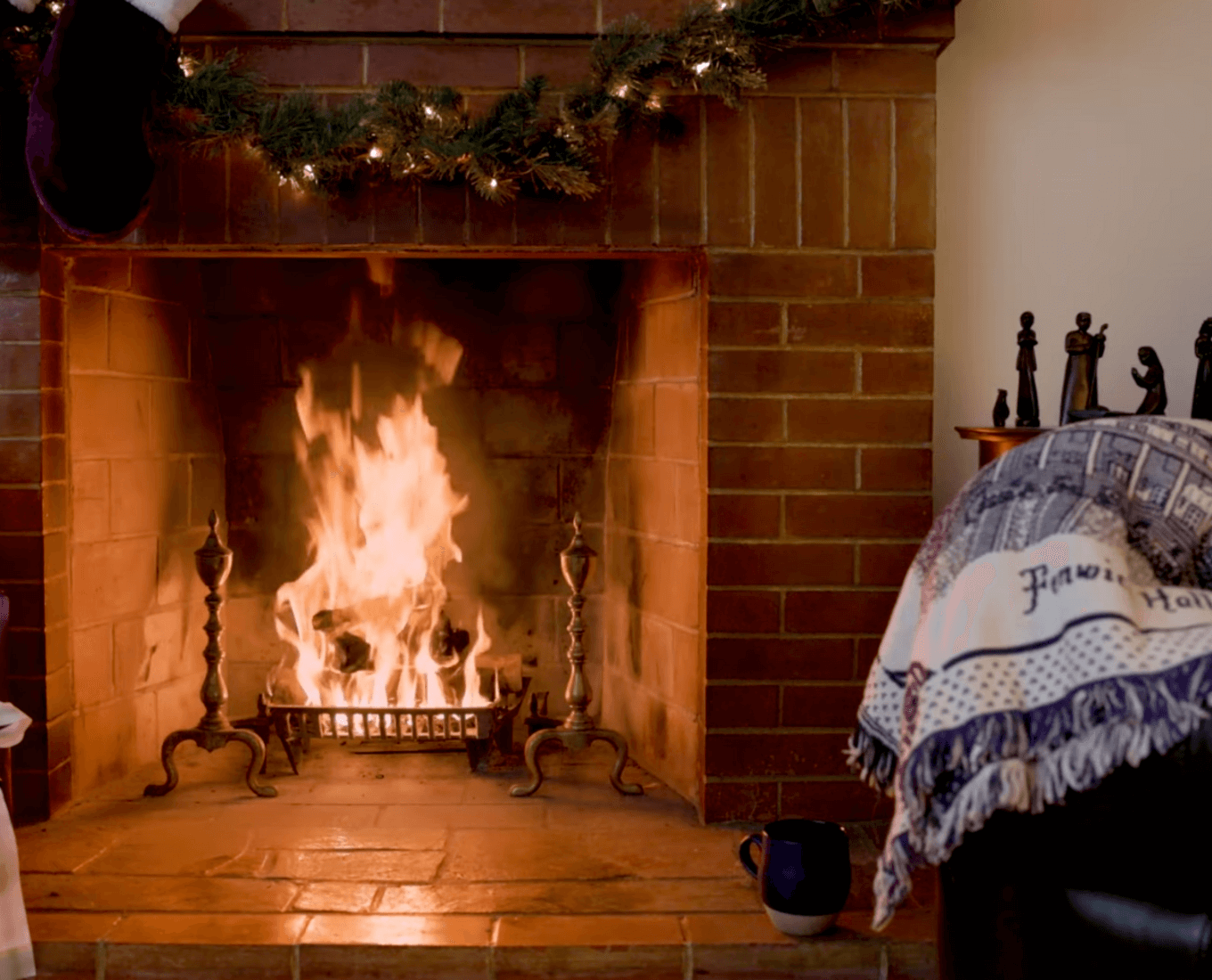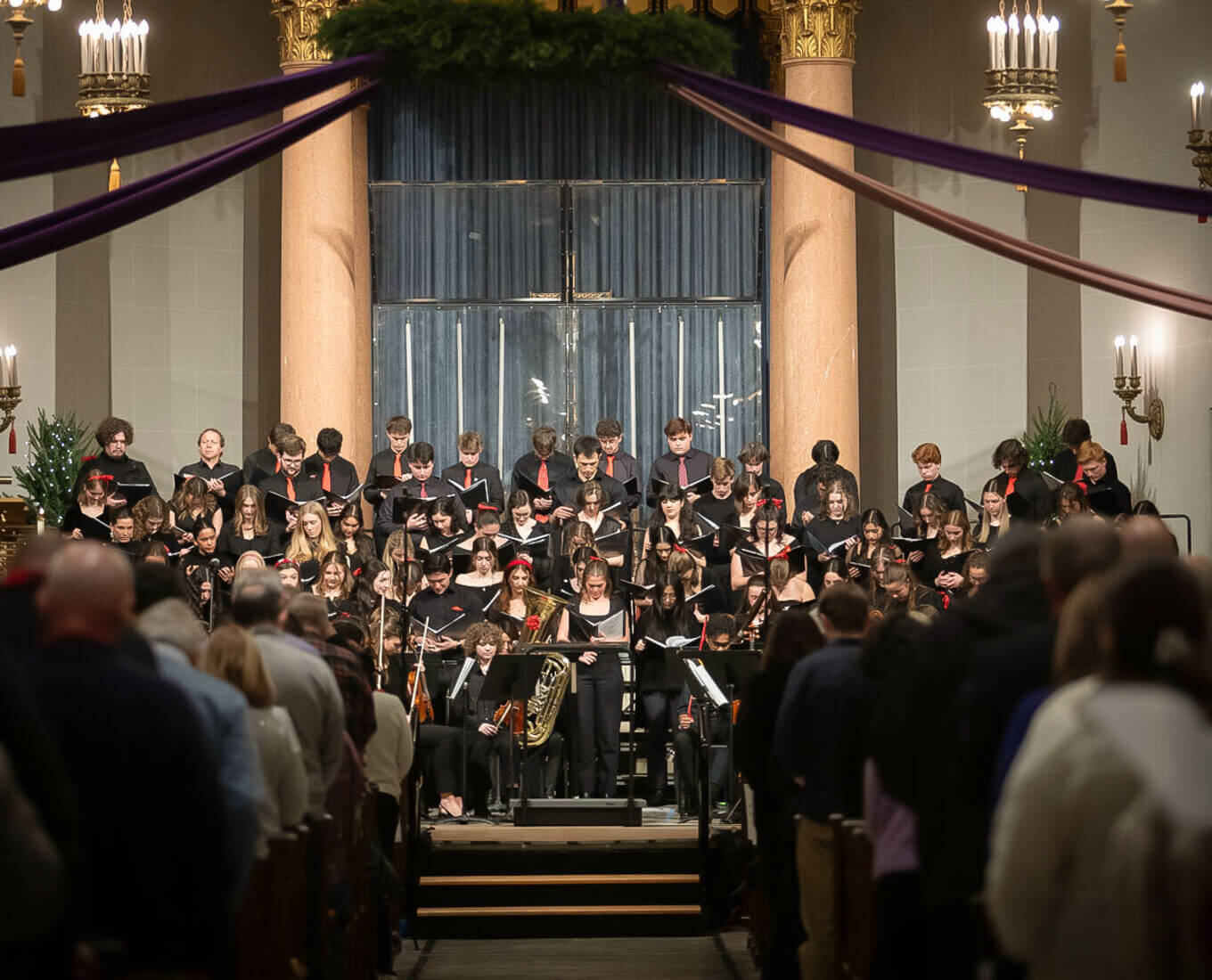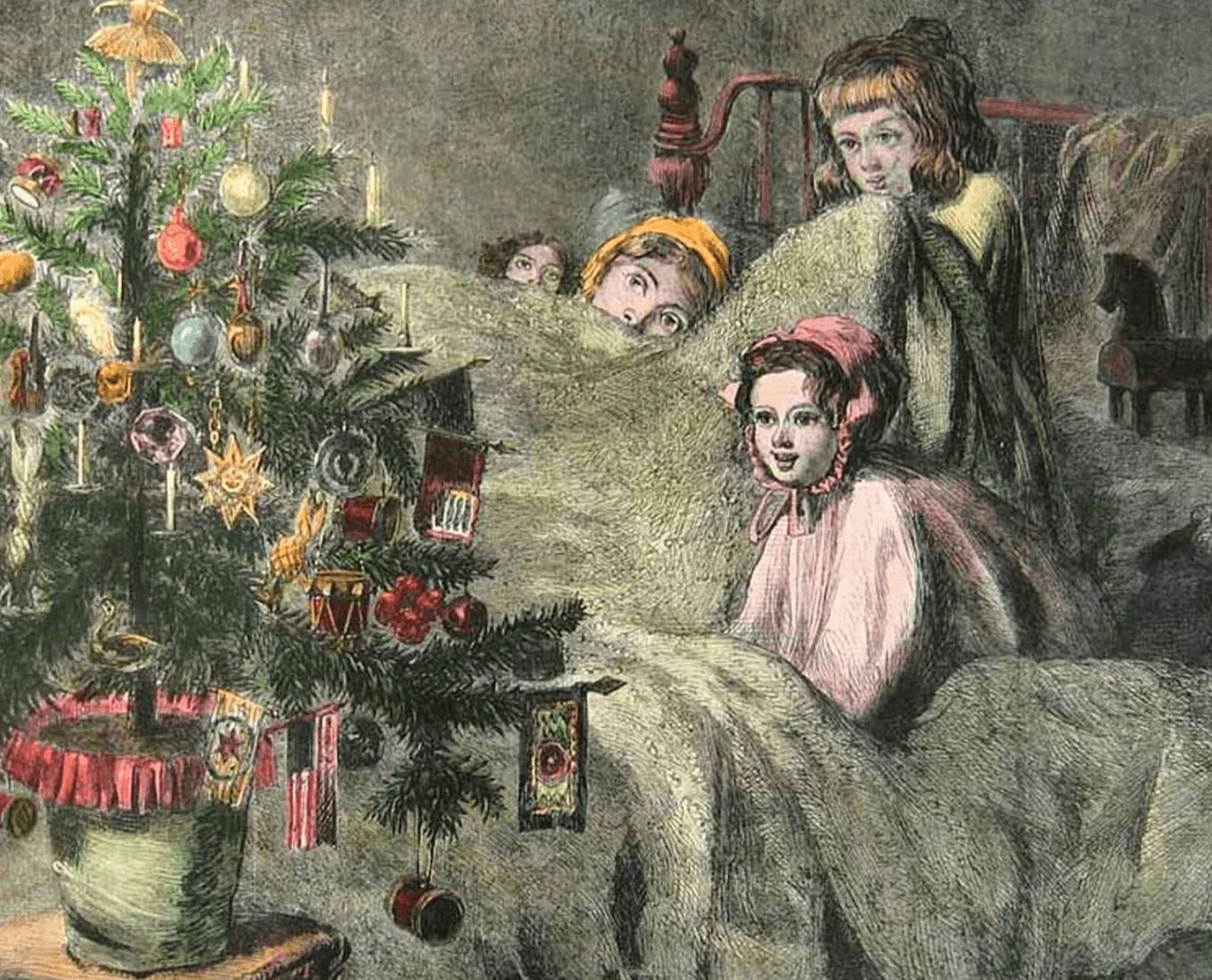WORCESTER, Mass. – Elizabeth Morse, a member of the College of the Holy Cross class of 2009, selected earlier this summer as one of eight 2008 American Cancer Society Alvan T. and Viola Fuller Junior Research Fellows from New England, was recently named the Engel Fellow, an award given to the top fellow in the program. Her research focuses on a method of inhibiting protein production, which may ultimately be used to prevent cells from making harmful proteins that lead to diseases such as cancer.
Morse, from Shelton, Conn., is a biology major with a biochemistry concentration and is a member of the College’s Honors Program. She started a 12-week fellowship in May under the direction of 2006 Nobel Prize Winner in Physiology, Craig C. Mello, Ph.D., of the University of Massachusetts Medical School in Worcester. As a 2008 Fuller Fellow, Morse received a $4,500 grant from the American Cancer Society New England Division to work with Dr. Mello on researching RNA interference, a method of gene silencing using double-stranded RNA. The RNA mechanism, a natural response of an organism to double-stranded RNA, of which many viruses are comprised, destroys the gene products that a virus needs to replicate itself, ultimately halting the progression of the invading infection. The discovery may lead to methods to stop gene expression in diseases such as cancer, slowing tumor growth.
“My project this summer focused on exploring the role of one particular protein, CSR-1, in the process of RNA interference,” explains Morse. “To do this, our lab uses a model organism called C. elegans, which is a roundworm that lives in soil and measures only one millimeter in length. I studied where a few different forms of CSR-1 are located in the worm in hopes of better understanding how CSR-1 contributes to the process of RNA interference overall. ”
She says her favorite new lab skill was learning how to carry out biolistic bombardment. “It’s a process of introducing DNA into a worm's genome by quite literally shooting DNA-coated gold beads at the worms,” says Morse. “ It's as cool as it sounds.”
Morse says Dr. Mello's expertise helped to bring together a large group of people, all working toward a common goal while all working on independent projects. “One of my favorite memories from this summer was walking down the hall talking to Dr. Mello, and having him just turn to me and say, ‘You know what, Beth? Science is fun. Those people working in this lab? They're doing something they love, and that's what it's all about.”
In the fall, Morse will return to the lab of Robert Bellin, associate professor of biology at Holy Cross, to work on her honors thesis on the role of merlin (a tumor suppressor) in the disease, Neurofibromatosis Type 2, the growth of benign tumors in the nervous system.
“Based on all of the successes Beth has had to date, I am quite excited to continue to work with her and see what she can discover through her research during the next year,” says Bellin.
An active member of the Holy Cross community, Morse is the program director of the Student Programs for Urban Development (SPUD); a member of the English as a Second Language tutoring program; co-chair of the Science Ambassadors and the Biology Student Advisory Committee; a member of Alpha Sigma Nu, which honors exceptional students of Jesuit institutions who distinguish themselves in scholarship, loyalty and service; a member of Phi Beta Kappa, the oldest and the most prestigious national academic honor society in America; a student leader in the Hour of Power Interdenominational Prayer Group and a flautist in the Contemporary Music Ensemble. Last semester she took part in one of Holy Cross’ Immersion Programs in Lafayette, La., where she helped with relief efforts after Hurricane Katrina and Rita.
This year marks the 41st anniversary of the Fuller-American Cancer Society Fellowship. The Fellowship began in 1967, when the family of Alvan and Viola Fuller made a major gift to the American Cancer Society.
Research by Holy Cross Senior May Lead to Cancer Breakthroughs
Biology major earns top fellow in Nobel Laureate lab
Read Time
3 Minutes


